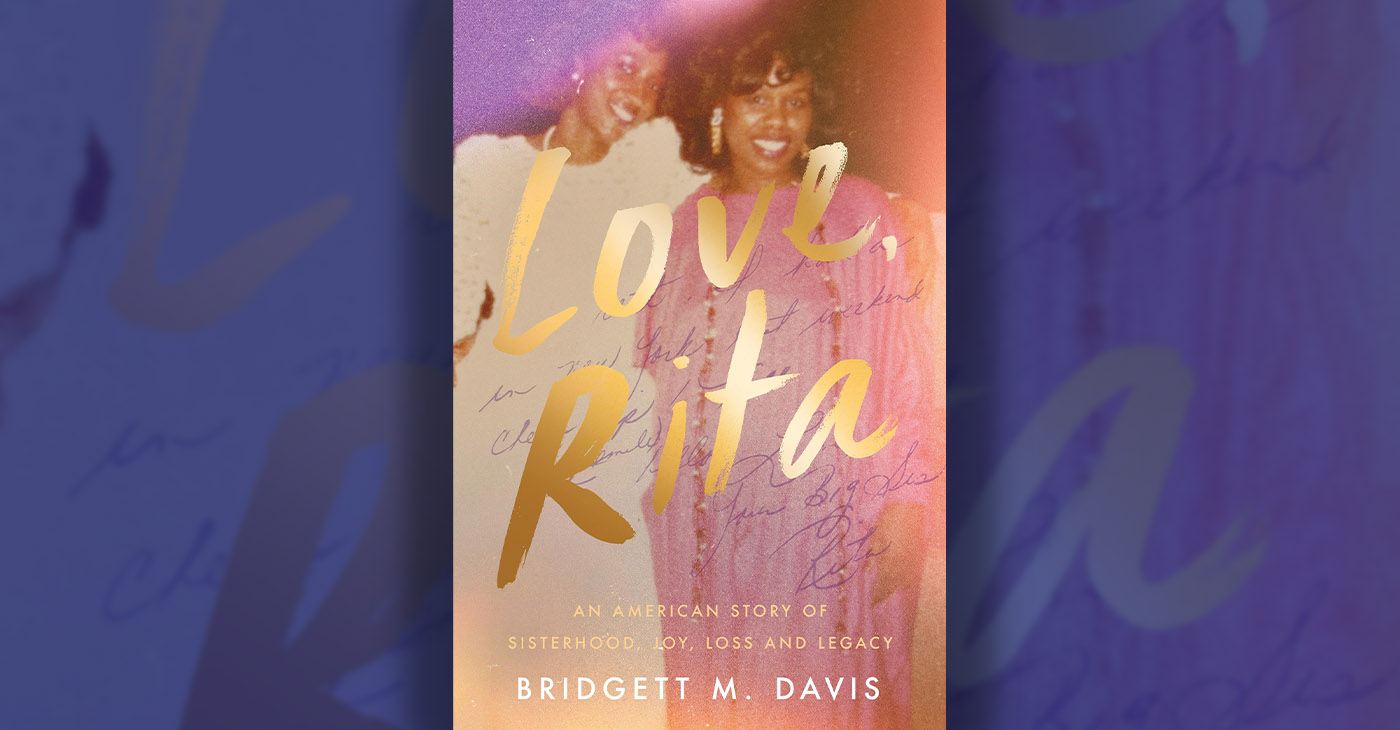Arts and Culture
“Go Tell It! A Harriet Tubman Christmas Story” Comes to Bay Area
The musical drama “Go Tell It! A Harriet Tubman Christmas Story” takes one back in time to the day before Christmas in 1854 when Harriet Tubman discovered that her brothers, enslaved in Maryland, were to be sold at the auction on December 26.
With a steely determination, Harriet went back to Maryland to the plantation where she had once been enslaved to lead her brothers to freedom in the north. On December 29, she, her brothers and several others walked safely into William Still’s Anti-Slavery office in Philadelphia.
The play, written and directed by Taiwo Kujichagulia-Seitu, tells their incredible story and how the coded messages in Spirituals helped guide the way. It features original musical arrangements of classic Spirituals like “Go Tell It”, and performances by the Lyric Dance and Vocal Ensemble, the Vukani Mawethu choir, and students of Lyric Performing Arts Academy.
Before writing “Go Tell It!” Kujichagulia-Seitu researched the earliest collection of Spirituals and slave narratives, and found that songs were coded for messages to escape from plantations during slavery.
Through traditional West African dance and drumming, Spirituals, monologues and vignettes, the play tells a story of unshakable faith, unwavering determination, and an uncompromising commitment to freedom. It introduces countless self-liberators throughout the antebellum south and those people who trusted Harriet to guide them safely to the Promised Land.
The show is an alternative to traditional holiday offerings and educational as well.
“I thought it would be wonderful to put these songs onstage in a production to show how they were used on the plantation,” said writer/director Kujichagulia-Seitu, who has produced the show for the past three years through the Lyric Performing Arts Academy.
She co-founded the faith-based performing arts company with her twin sister and their partners.
“My goal is to really educate people about Spirituals and about the history of African American people because it’s a beautiful history. We want to be accessible to everybody.”
The musical recently opened at Skyline High School’s Farnsworth Theater. Additional performances will held on Saturday, Dec. 6 at 7 p.m. and Sunday, Dec. 7 at 3 p.m. at The Live Oak Theater, 1301 Shattuck Ave. in Berkeley.
For more information and tickets, visit www.gotellit.info.
Activism
New Oakland Moving Forward
This week, several socially enterprising members of this group visited Oakland to explore ways to collaborate with local stakeholders at Youth Empowerment Partnership, the Port of Oakland, Private Industry Council, Oakland, Mayor-elect Barbara Lee, the Oakland Ballers ownership group, and the oversight thought leaders in the Alameda County Probation Department.

By Post Staff
Since the African American Sports and Entertainment Group purchased the City of Oakland’s share of the Alameda County Coliseum Complex, we have been documenting the positive outcomes that are starting to occur here in Oakland.
Some of the articles in the past have touched on actor Blair Underwood’s mission to breathe new energy into the social fabric of Oakland. He has joined the past efforts of Steph and Ayesha Curry, Mistah Fab, Green Day, Too Short, and the Oakland Ballers.
This week, several socially enterprising members of this group visited Oakland to explore ways to collaborate with local stakeholders at Youth Empowerment Partnership, the Port of Oakland, Private Industry Council, Oakland, Mayor-Elect Barbara Lee, the Oakland Ballers ownership group, and the oversight thought leaders in the Alameda County Probation Department.
These visits represent a healthy exchange of ideas and plans to resuscitate Oakland’s image. All parties felt that the potential to impact Oakland is right in front of us. Most recently, on the back side of these visits, the Oakland Ballers and Blair Underwood committed to a 10-year lease agreement to support community programs and a community build-out.
So, upward and onward with the movement of New Oakland.
Arts and Culture
BOOK REVIEW: Love, Rita: An American Story of Sisterhood, Joy, Loss, and Legacy
When Bridgett M. Davis was in college, her sister Rita was diagnosed with lupus, a disease of the immune system that often left her constantly tired and sore. Davis was a bit unfazed, but sympathetic to Rita’s suffering and also annoyed that the disease sometimes came between them. By that time, they needed one another more than ever.

By Terri Schlichenmeyer
Author: Bridgett M. Davis, c.2025, Harper, $29.99, 367 Pages
Take care.
Do it because you want to stay well, upright, and away from illness. Eat right, swallow your vitamins and hydrate, keep good habits and hygiene, and cross your fingers. Take care as much as you can because, as in the new book, “Love, Rita” by Bridgett M. Davis, your well-being is sometimes out of your hands.
It was a family story told often: when Davis was born, her sister, Rita, then four years old, stormed up to her crying newborn sibling and said, ‘Shut your … mouth!’
Rita, says Davis, didn’t want a little sister then. She already had two big sisters and a neighbor who was somewhat of a “sister,” and this baby was an irritation. As Davis grew, the feeling was mutual, although she always knew that Rita loved her.
Over the years, the sisters tried many times not to fight — on their own and at the urging of their mother — and though division was ever present, it eased when Rita went to college. Davis was still in high school then, and she admired her big sister.
She eagerly devoured frequent letters sent to her in the mail, signed, “Love, Rita.”
When Davis was in college herself, Rita was diagnosed with lupus, a disease of the immune system that often left her constantly tired and sore. Davis was a bit unfazed, but sympathetic to Rita’s suffering and also annoyed that the disease sometimes came between them. By that time, they needed one another more than ever.
First, they lost their father. Drugs then invaded the family and addiction stole two siblings. A sister and a young nephew were murdered in a domestic violence incident. Their mother was devastated; Rita’s lupus was an “added weight of her sorrow.”
After their mother died of colon cancer, Rita’s lupus took a turn for the worse.
“Did she even stand a chance?” Davis wrote in her journal.
“It just didn’t seem possible that she, someone so full of life, could die.”
Let’s start here: once you get past the prologue in “Love, Rita,” you may lose interest. Maybe.
Most of the stories that author Bridgett M. Davis shares are mildly interesting, nothing rare, mostly commonplace tales of growing up in the 1960s and ’70s with a sibling. There are a lot of these kinds of stories, and they tend to generally melt together. After about fifty pages of them, you might start to think about putting the book aside.
But don’t. Not quite yet.
In between those everyday tales, Davis occasionally writes about being an ailing Black woman in America, the incorrect assumptions made by doctors, the history of medical treatment for Black people (women in particular), attitudes, and mythologies. Those passages are now and then, interspersed, but worth scanning for.
This book is perhaps best for anyone with the patience for a slow-paced memoir, or anyone who loves a Black woman who’s ill or might be ill someday. If that’s you and you can read between the lines, then “Love, Rita” is a book to take in carefully.
Activism
Faces Around the Bay: Author Karen Lewis Took the ‘Detour to Straight Street’
“My life has been a roller-coaster with an unlimited ride wristband! I was raised in Berkeley during the time of Ron Dellums, the Black Panthers, and People’s Park. I was a Hippie kid, my Auntie cut off all our hair so we could wear the natural styles like her and Angela Davis.

By Barbara Fluhrer
I met Karen Lewis on a park bench in Berkeley. She wrote her story on the spot.
“My life has been a roller-coaster with an unlimited ride wristband! I was raised in Berkeley during the time of Ron Dellums, the Black Panthers, and People’s Park. I was a Hippie kid, my Auntie cut off all our hair so we could wear the natural styles like her and Angela Davis.
I got married young, then ended up getting divorced, raising two boys into men. After my divorce, I had a stroke that left me blind and paralyzed. I was homeless, lost in a fog with blurred vision.
Jesus healed me! I now have two beautiful grandkids. At 61, this age and this stage, I am finally free indeed. Our Lord Jesus Christ saved my soul. I now know how to be still. I lay at his feet. I surrender and just rest. My life and every step on my path have already been ordered. So, I have learned in this life…it’s nice to be nice. No stressing, just blessings. Pray for the best and deal with the rest.
Nobody is perfect, so forgive quickly and love easily!”
Lewis’ book “Detour to Straight Street” is available on Amazon.
-

 Activism4 weeks ago
Activism4 weeks agoAI Is Reshaping Black Healthcare: Promise, Peril, and the Push for Improved Results in California
-

 Activism4 weeks ago
Activism4 weeks agoBarbara Lee Accepts Victory With “Responsibility, Humility and Love”
-

 Activism4 weeks ago
Activism4 weeks agoESSAY: Technology and Medicine, a Primary Care Point of View
-

 Activism4 weeks ago
Activism4 weeks agoNewsom Fights Back as AmeriCorps Shutdown Threatens Vital Services in Black Communities
-

 Activism4 weeks ago
Activism4 weeks agoFaces Around the Bay: Author Karen Lewis Took the ‘Detour to Straight Street’
-

 Arts and Culture4 weeks ago
Arts and Culture4 weeks agoBOOK REVIEW: Love, Rita: An American Story of Sisterhood, Joy, Loss, and Legacy
-

 #NNPA BlackPress4 weeks ago
#NNPA BlackPress4 weeks agoThe RESISTANCE – FREEDOM NOW
-

 Alameda County4 weeks ago
Alameda County4 weeks agoOUSD Supt. Chief Kyla Johnson-Trammell to Step Down on July 1



















































